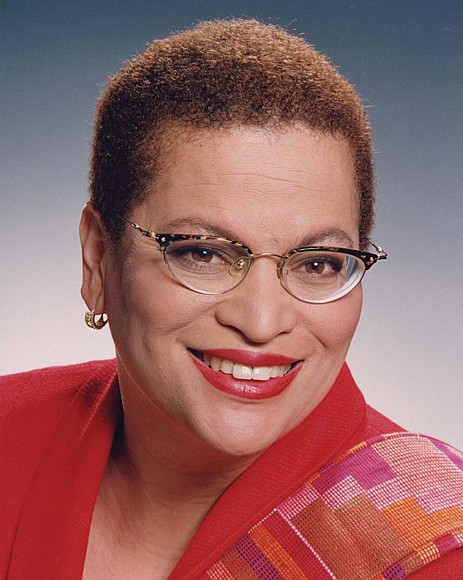Who gets to play?, by Julianne Malveaux
8/31/2023, 6 p.m.
As summer winds down, and folks start rushing back to school or work, the memories of their vacations perhaps sustain them when, after Labor Day, the business of fall quickly engulfs them.
There’s that Gershwin song from Porgy & Bess, “Summertime and the Living is Easy,” recorded more than 25,000 times with artists as diverse as Ella Fitzgerald and Willie Nelson.
There’s that no-caring vibe that so many exude. Summer feels like, “Let’s go out to play.”
Which begs the question: Who gets to play?
In the European Union, workers get 20 days a year for vacation. Stores are nearly deserted in Paris this August because people have time off!
In contrast, the average worker gets just 11 days of vacation in the United States. If they’ve worked in corporate America, the average worker gets just one week and has to work for up to five years before getting even two weeks.
Many think educators get the summer off, and some faculty have the summer for research and preparation. But many K-12 teachers are paid so little that summer is when many of them get their side hustle on. Some teachers are driving for ride-share companies such as Uber and Lyft. Others have lined up consulting, tutoring, or other assignments. The other day, I had a ride with a math teacher who said his salary was too low to sustain his family. During the summer, he clocks 12-hour days into ride-sharing.
He’s one of the millions who don’t get to come out to play. Then there are the people who cobble a living working two or three part-time jobs. More than 8 million people have multiple jobs. Who knows what kind of juggling they are doing? Do any of their jobs provide them with vacations? When do they unplug? Reflect? Spend time with family or simply get to exhale?
Just like everything else in our society, leisure is unevenly distributed. Those with more means and more access have more opportunities to play. Those who are simply surviving don’t have playtime, reflection time, or other downtime.
The European Union edict that everyone, regardless of where they sit on the economic totem pole, gets 20 days a year off is an egalitarian recognition of the human right to relax. We in the United States are not as far along. Instead of rewarding labor with time off, we exploit workers in as many ways as possible, extracting surplus value from their work.
There is little data on leisure, so most of my thoughts are interpretations and extrapolations. But as I listen to people wax rhapsodic about their vacations, their “happy places,” the wind and the sun and the beaches, I can’t help but think of those who don’t get time to enjoy wind, sun and beach.
Summer is a time when many come out to play. What happens to those who don’t have that opportunity? Do they live in Langston Hughes’ dream deferred? Do they dry up like a raisin in the sun, fester like a sore, and then run? Do they sag like a heavy load? Do they explode?
In a growing number of American cities, workers are exploding, striking and demanding more money and more days off.
It’s about time.
Dr. Julianne Malveaux is an economist, author, commentator and activist.







